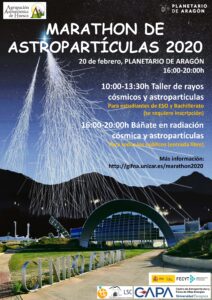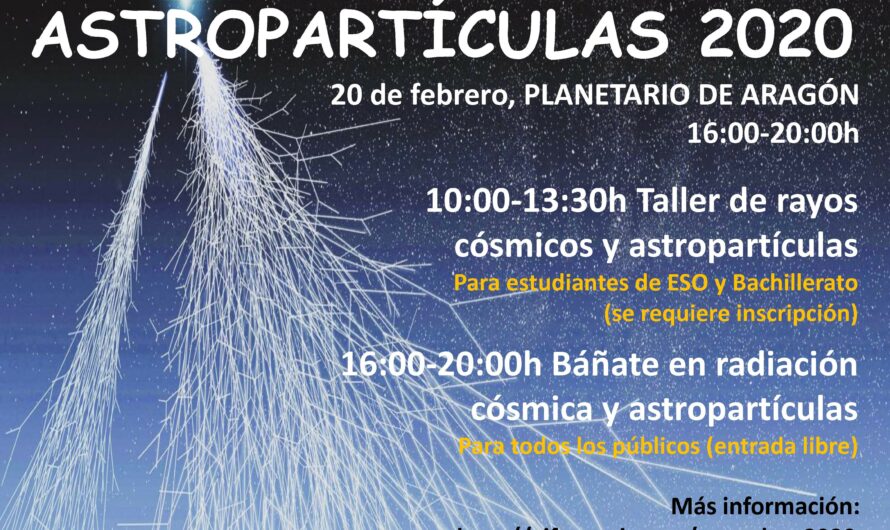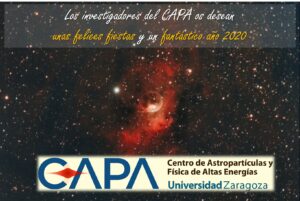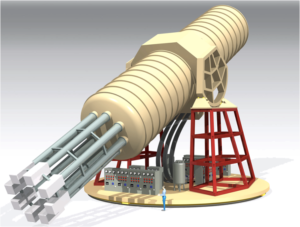The second edition of the GGI PhD School on:
«Theoretical Aspects of Astroparticle Physics, Cosmology and Gravitation»
The Galileo Galilei Institute of Theoretical Physics
Arcetri, Florence (Italy)
From March 9 to March 20, 2020
Applications can be submitted through the same web page and the deadline is January 11, 2020.
The maximum number of attendance is 40 students.
This School aims at providing robust and detailed introductions on the basic theoretical concepts and main tools to work in the field of Astroparticle Physics, Cosmology and Gravitation. The courses are organized as lectures at the blackboard in the morning and are integrated with hands-on and discussion sessions with an instructor in the afternoon.
The program of the 2020 edition is:
«Inflation and primordial black holes» – Lecturer: Chris Byrnes (University of Sussex)
«Sterile neutrinos in physics, astrophysics, cosmology» – Lecturer: Carlo Giunti (INFN and University of Turin)
«Cosmic rays and multimessenger astronomy» – Lecturer: Markus Ahlers (Niels Bohr Institute, Copenhagen)
«Particle dark matter: WIMPs, axions and axion-like particles» – Lecturer: Laura Covi (University of Goettingen)
The School will profit of the Galileo Galilei Institute facilities. Each student will have office space to study and discuss, with a lot of opportunities to interact with lecturers.
Accommodation in shared apartments will be provided at the cost of about 300 Euros for the whole period. Scholarships to cover this expense are available upon request. Lunch will be provided during the weekdays on the GGI premises for students and lecturers, at no cost. All the dinners and the lunches during the weekends, instead, are to be paid by the participants.












